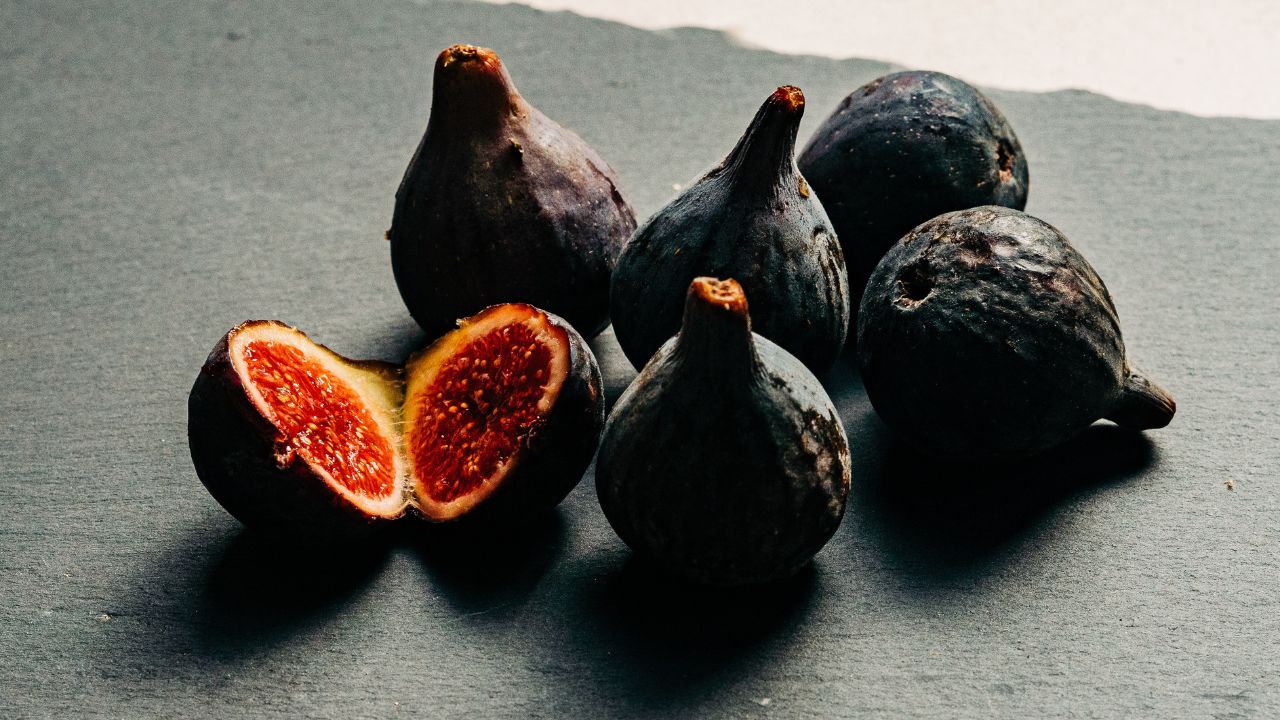Islam is a complete way of life that covers all aspects of a person’s existence, including their diet and eating habits. The Prophet Muhammad (peace be upon him) was a role model for all Muslims, and his diet and eating habits are considered to be the ideal to follow. In this article, we will explore the concept of prophetic food and its significance in Islam.
The Prophetic Foods
There are several types of food that are considered to be prophetic, based on the teachings of the Prophet Muhammad. These include:
- Dates: Dates were a staple food of the Prophet Muhammad, and he recommended them to his followers for their high nutritional value. Dates are rich in fiber, vitamins, and minerals, and are a good source of energy.
- Honey: Honey was another favorite food of the Prophet Muhammad. It is a natural sweetener that is rich in antioxidants, enzymes, and other beneficial compounds. Honey has been used for centuries for its medicinal properties, such as its ability to soothe sore throats and improve digestion.
- Black seeds: Black seeds, also known as Nigella sativa, have been used for their medicinal properties for centuries. The Prophet Muhammad is reported to have said that black seeds can cure every disease except death. They are rich in antioxidants and have anti-inflammatory and antimicrobial properties.
- Figs: Figs are a rich source of fiber, vitamins, and minerals. The Prophet Muhammad is reported to have said that if he had to recommend a fruit for his followers to eat, it would be the fig.
- Olives: Olives are a good source of healthy fats and antioxidants. The Prophet Muhammad is reported to have said that eating olives and using olive oil can cure many diseases.
- Pomegranates: Pomegranates are rich in antioxidants and have anti-inflammatory properties. The Prophet Muhammad is reported to have said that pomegranates cleanse the body of impurities and are beneficial for the heart and liver.
- Barley: Barley is a good source of fiber, vitamins, and minerals. The Prophet Muhammad is reported to have said that barley is a cure for many illnesses, such as fever and constipation.
- Milk: Milk is a rich source of calcium and other nutrients. The Prophet Muhammad is reported to have said that milk is a complete food that is beneficial for both children and adults.
The Benefits of Prophetic Food
Following a prophetic diet can have several benefits for both physical and spiritual health. Some of these benefits include:
- Improved physical health: Prophetic foods are rich in nutrients and beneficial compounds that can improve overall health and reduce the risk of chronic diseases such as heart disease, diabetes, and cancer.
- Improved digestion: Many of the prophetic foods, such as dates, honey, and barley, are rich in fiber and can improve digestion and prevent constipation.
- Improved immunity: Prophetic foods such as black seeds and honey have antimicrobial and immune-boosting properties that can help prevent infections and improve immunity.
- Increased mindfulness: Following a prophetic diet can help increase mindfulness and gratitude for the blessings of Allah. By being mindful of the foods we eat and their benefits, we can develop a deeper connection to our faith and our bodies.
How to Incorporate Prophetic Food into Your Diet
Incorporating prophetic foods into your daily diet can be simple and easy. Here are a few tips to get started:
- Use black seeds as a spice in cooking or sprinkle them over salads.
- Snack on figs or pomegranate seeds for a healthy and delicious treat.
- Use olive oil in cooking or as a salad dressing.
- Replace refined grains with whole grains such as barley.
- It is important to remember that balance and moderation are key when following a prophetic diet. It is also important to consult with a healthcare professional before making any significant changes to your diet.
Conclusion
Following a prophetic diet can have several physical and spiritual benefits. By incorporating the foods that were favoured by the Prophet Muhammad and his companions, Muslims can benefit from the rich nutritional and medicinal properties of these foods. In doing so, we can deepen our connection to our faith and develop a deeper appreciation for the blessings of Allah.
Related











































